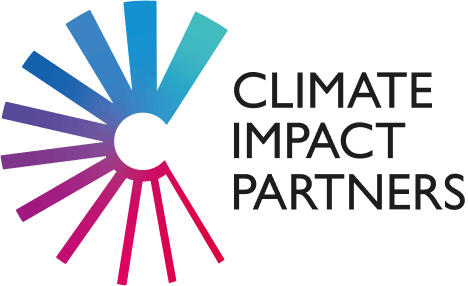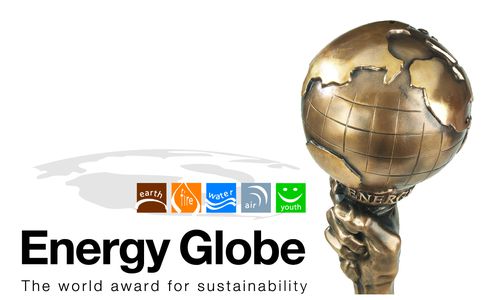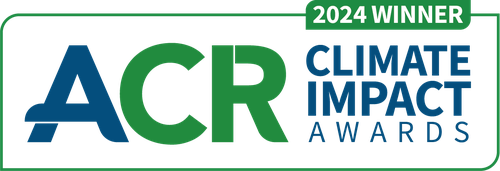This Ashden award winning Gold Standard project installs small-scale biogas plants in households and small livestock operations across 50+ provinces in Vietnam.
Small fixed-dome biogas plants, also known as anaerobic digesters, provides a clean, affordable, and convenient form of energy to some of the two million rural families with pig farms that create huge odour and waste problems.
In addition, jobs are created for local populations, improved sanitation and reduced air pollution enhances health, and the replacement of synthetic fertilisers greatly reduces the environmental impact on surface and groundwater. The project reduces emissions by preventing the release of methane and by replacing the use of unsustainable fuels like firewood, charcoal and kerosene, and unsustainable chemical fertilisers.
Household biodigester projects capture methane emissions from animal waste on small farms and turn it into energy.
The project delivers emissions reductions to help take urgent action to combat climate change (SDG 13). In addition, the project delivers a number of other sustainable development benefits. These include:
- Affordable and Clean Energy: Households no longer need to purchase fuel or collect wood for their energy needs, and the bio-slurry by-product can be used as an organic fertiliser alternative. Households can save US $120 per year from avoided fuel purchase and US $62 per year from avoided fuel purchase of chemical fertiliser. These savings can be a significant proportion of income, particularly as nearly half of project households make between US $1,100-$2,800 per year (2,000,000– 5,000,000 VND per month).
- Good Health and Wellbeing for People: Indoor air pollution is reduced by using biogas as an alternative to other conventional forms of energy. Wood, which was previously used for cooking and kerosene, which was used for lighting, both have significant health risks associated with pollution. The biogas systems also reduce unpleasant odours by containing the waste in closed chambers, attracting fewer flies and helping decrease incidence of associated diseases.
- Decent Work and Economic Growth: The project is helping create a new industry in using agricultural waste to generate free, renewable energy. Long-term employment opportunities are created with various masons and entrepreneurs involved in the project. The project provides more than 1,200 local masons who build the biogas plants with training and employment. The programme has also trained over 1,600 micro-entrepreneurs since 2003, with an average of six people working for each biogas enterprise. Staff members of the provincial and district extension offices support the programme with promotion, training, and supervision activities. In turn, this provides more business and financial skills for masons to operate their micro-enterprises self-sufficiently.
Our goal is to deliver 1 billion tonnes of emissions reductions by 2030
600+ projects have been supported by Climate Impact Partners
100+ million tonnes of emissions reduced through carbon finance
We have had the biodigester for two months and it is working well. We used to use rice husk for cooking which made a lot of dust and smoky air pollution. Before, we used ash as fertilizer which was very strong smelling. The neighbours noticed that there was less smell and have come to visit our home and now are interested in the biodigester technology.
Delivering towards the Global Goals

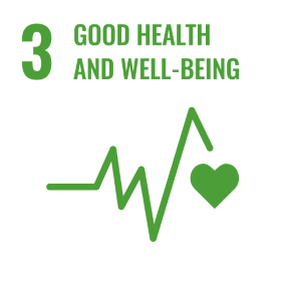
Good Health and Wellbeing
Ensure healthy lives and promote well-being for all at all ages
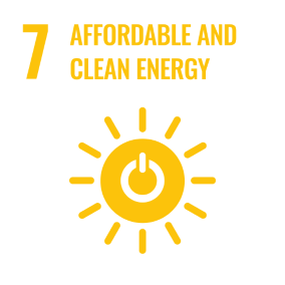
Affordable and Clean Energy
Ensure access to affordable, reliable, sustainable and modern energy
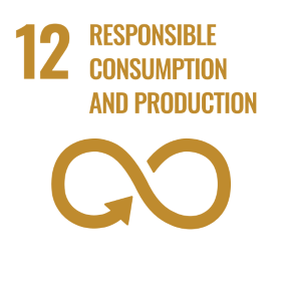
Responsible Consumption and Production
Ensure sustainable consumption and production patterns
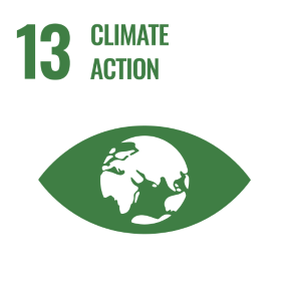
Climate Action
Take urgent action to combat climate change and its impacts


Supporting our projects delivers on multiple UN Sustainable Development Goals (SDGs). You can read more on the Goals below.
Learn more about the global goalsNext Steps

Explore our projects
Explore our range of projects across the globe: nature based solutions, health and livelihoods and sustainable infrastructure.
Explore
Business Solutions
We are the leading solutions provider for carbon offsetting, net zero, carbon neutrality and carbon finance project development.
Read more